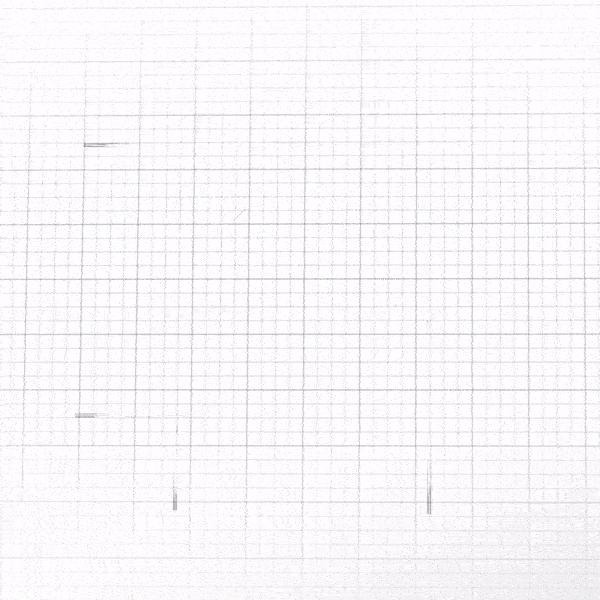What’s the difference between WHHQ-18 and WHHQ-25?
The WHHQ-18 covers the domains of mental, emotional, social/relational, and spiritual wellbeing, self-awareness, engaging in life, responsibility for self, living in the moment and life satisfaction and was derived from psychometric validation methods (factor analysis).
If you work with a diverse range of people and offer a variety of treatments the extra statements on the WHHQ-25 may enhance the discussion between you and the person you are supporting, presenting opportunities for sharing about their life beyond health & wellbeing. Ultimately, you will know those you work with and have an intuitive sense of the areas of their lives that your work supports and the outcomes they see as a result.
Practically, the 25-item questionnaire is scored 0-100 and the 18-item questionnaire is scored 0-72 for both it is assumed that the higher the score the greater sense of wellbeing. It may take slightly longer to complete the 25-item questionnaire.
Below are some scenarios to help inform your decision as to whether the WHHQ-25 or WHHQ-18 would be best suited.
Scenarios:
Within a cancer or oncology setting the statement “I’ve felt ashamed of my body” and “I’ve been able to take care of myself” may be very poignant.
In a rehabilitation or palliative situation, the statements “I’ve felt my inner strength” and “I’ve asked for help when I’ve needed it” may indicate the resources and emotional resilience an individual has.
In a mental health setting statements such as ‘I’ve felt like a fraud”, “I’ve had too many demands made on me” and “I’ve trusted my gut” may enable people to express how they are navigating life’s challenges, asserting boundaries, and healing past wounds.


